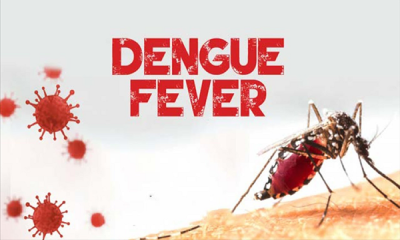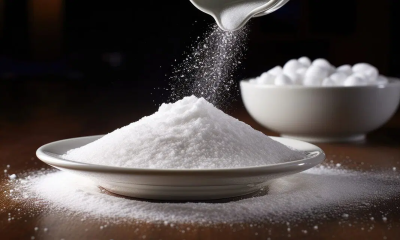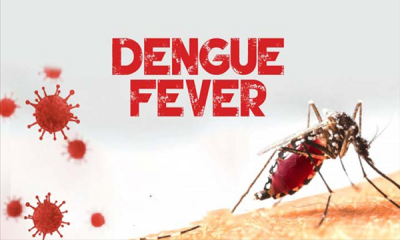Polycystic ovary syndrome, or PCOS, is one of the most prevalent endocrine disorders found in women of reproductive age. It frequently leads to excess secretion of a masculine hormone called androgen. When a woman is experiencing PCOS, several cysts or little fluid-filled sacs form in her ovaries that hamper the process of releasing eggs. So, women with ovarian cysts need to maintain a PCOS diet. Let’s take a look at the healthy and harmful foods and drinks for women with PCOS.
Symptoms of PCOS
-Irregular, heavy, or light menstrual periods
-Pelvic pain
-Infertility or difficulty in getting pregnant
-Patches of thick, velvety or darker skin
-Excess body hair in the chest, stomach, or back
-Weight gain, especially in the abdomen area
-Acne or oily skin.
-Male-pattern baldness or thinning hair.
What to Eat and Drink With PCOS
Some research has shown that particular foods can help lose weight and manage PCOS symptoms. 7 best foods for PCOS are:
Fruits
Choose fruits like apples, avocados, kiwis, and plums as these fruits are loaded with nutrients and have high fiber contents. You should also select fruits that have anti-inflammatory properties including grapes and berries such as blueberries, blackberries, and cherries. All these fruits are also helpful to manage PCOS. These fruits don’t have or have few side effects for PCOS.
Vegetables
You need to select vegetables having high fiber, nutrients, and vitamins for a PCOS diet. Your broccoli, cauliflower, and leafy green vegetables like spinach you can choose. Fatty fishes
Roi fist is a good source of protein and healthy fats. Roi fishes are anti-inflammatory foods. They fight the inflammation that energizes the ovaries to produce more androgen. Plus, they have fish oil and vitamin E, which helps maintain insulin levels.
Dried beans, and lentils
Dried beans and lentils like chickpeas, black beans, and yellow lentils are rich sources of fibers and plant proteins and so they are beneficial for females with PCOS. They are great to manage overweight.
Healthy Nuts
You can add healthy nuts such as walnuts, pistachios, almonds, and pine nuts to your PCOS diet. These nuts have high calories and healthy fats in them. Plus they help to reduce inflammation and thus prevent PCOS symptoms from worsening. Among them, you must add walnuts and almonds to your PCOS diet.
Seeds
You need to add seeds including chia seeds, pumpkin seeds, sesame seeds, sunflower seeds, and flax seeds to your PCOS diet because they are healthy and they have nutrients to manage hormonal imbalances, weight, and PCOS. They are a great source of essential nutrients such as iron, magnesium, and vitamins, which improve overall well-being.
Spices and herbs
Spices including turmeric, ginger, and cinnamon can be added to your diet. You can also add herbs, for example, basil, fenugreek, and ashwagandha to your PCOS diet as they are helpful in managing PCOS. They are anti-inflammatory and help to manage blood sugar levels. Moreover, they stimulate women’s fertility and regulate the menstrual cycle.
What Foods and Drinks to Avoid When You Have PCOS
Weight gain is the prime problem related to PCOS. When you gain weight much, it complicates the condition and leads to mental and emotional trauma. However, by adopting some dietary changes, you can manage your weight. So avoid those that disturb hormonal levels and raise blood sugar levels.
Processed food
You should avoid refined carbohydrate-related foods such as white rice, candies, loaves of bread, potatoes, and pastries as they have refined flour. Remember, when you are in PCOS, you are likely to develop diabetes and refined carbohydrates trigger insulin production in your body and leading to diabetes.
Coffee or caffeinated drinks
You need to avoid coffee and caffeinated drinks when you are in PCOS as coffee has caffeine, which can imbalance hormone levels in your body. If you take an excessive amount of coffee, it will complicate the condition further.
Fried foods
Fried foods need to be avoided as they have unhealthy saturated fats and they increase the risk of weight gain. Plus, they also grow blood sugar levels and cause gastric problems. These foods increase PCOS symptoms.
Alcohol
You must completely avoid alcohol if you have PCOS as taking alcohol can increase the levels of testosterone hormones that disturb the hormones required for ovulation. Besides, testosterone hormones increased your food cravings and ultimately weight gain.
Red Meat
Don’t take red meat if you have PCOS as red meat can decrease the level of progesterone hormone that is required for pregnancy and a healthy menstrual cycle.
Sugary beverages
Avoid soda, soft drinks, and energy drinks as they have high-level sugar that affects the level of testosterone and lead to mood swings and bloating. Besides, taking too much sugar leads to weight gain.
Processed meat
Skip processed meat like hot dogs, and sausages, as they are highly processed meats and, have high saturated fats and sodium levels. These foods help to weight gain and disturb the hormonal levels of the body.
Dairy products
Dairy products like milk, cheese, yogurt, and ice cream have some elements that increase androgen hormone production that ultimately help to produce estrogen. Estrogen leads to the severity of PCOS.
Unhealthy Fats
Foods that have unhealthy fats, you must avoid. Cookies, fried foods, cakes, and butter have unhealthy fats. If you take this food, it can increase the risk of heart disease, diabetes, and obesity and worsen the symptoms of PCOS.
Soy
Soy products lead to hormonal imbalance, which further worsens the symptoms of PCOS and can aggravate the severity of PCOS, and lead to bloating weight gain, and irritability.
Lifestyle Changes to Avoid PCOS
If you are a PCOS patient, you can also manage your condition through lifestyle changes. Research says that exercise along with a PCOS diet with exercise can bring huge benefits:
-weight loss
-refine insulin metabolism
- regulate the periods
-minimize male hormones levels and male-pattern hair growth
-decrease cholesterol levels.
Besides, you need to care for yourself. A person with PCOS can also manage their symptoms by practicing self-care including getting enough sleep, avoiding over-commitment, and relaxing.
Bottom Line
Women with PCOS may feel frustrated most of the time. If you are suffering from PCOS and feel uneasy, you have to take a PCOS-friendly diet. Besides, make sure you follow some lifestyle changes that may help to improve your mood and reduce some of the associated symptoms of PCOS.
Remember, on a PCOS diet, there are some foods you want to avoid. However, in many cases, these foods are nutritious and beneficial but not beneficial for PCOS patients. Never forget to consult with a doctor, if your symptoms persist. Your doctor will identify the cause and recommend you the next steps.





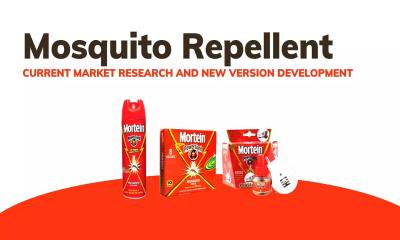
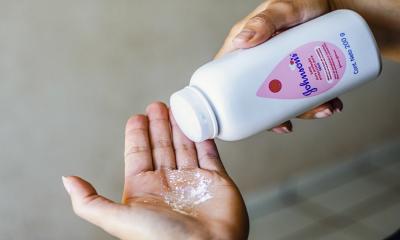











-20251214131253.webp)




